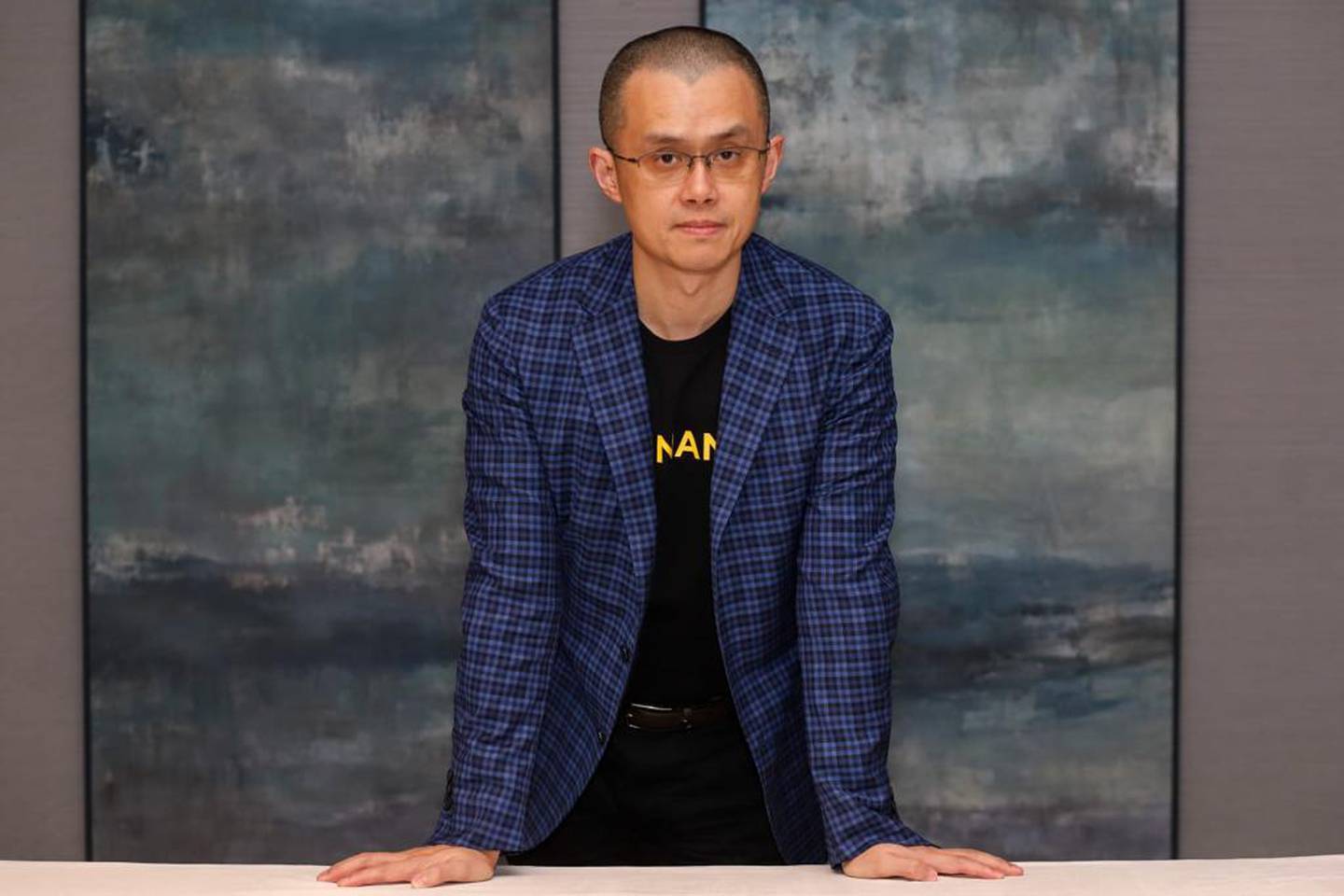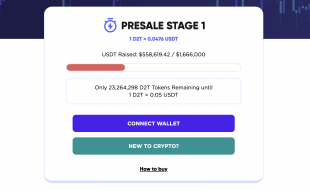Join Our Telegram channel to stay up to date on breaking news coverage
The Binance CEO, Changpeng Zhao (CZ), has tweeted that the UNI tokens delegated by the exchange were a “misunderstood situation.” Zhao responded to queries about 13.2 million UNI tokens delegated on October 18, which led to Binance being the second-largest party by voting power on the Uniswap decentralized autonomous organization (DAO).
Binance CEO says UNI tokens delegation was a “misunderstood situation”
CZ said that transferring UNI tokens between internal Binance wallets had resulted in automatic delegation. He also denied that the exchange was using users’ tokens to influence their voting power on the Uniswap DAO.
UNI transferred between internal Binance wallets, causing the UNI to be automatically delegated. This is part of their protocol, not "we intended". Binance don't vote with user’s tokens. Uniswap misunderstood the situation. Tokens come to popular platforms. #Binance https://t.co/KYPqFx5GrW
— CZ 🔶 BNB (@cz_binance) October 20, 2022
“UNI transferred between internal Binance wallets, causing the UNI to be automatically delegated. This is part of their protocol, not “we intended.” Binance don’t vote with users’ tokens. Uniswap misunderstood the situation,” CZ explained.
Binance later issued a statement saying it did not vote using users’ tokens, saying there was a “misunderstanding” of the situation that arose during the transfer of a large number of UNI between wallets. The exchange also added that it discussed how it would improve the process to ensure such misunderstanding didn’t happen in the future.
The clarification given by Binance and its CEO came after Hayden Adams, the CEO of Uniswap, said that it was not clear how Binance wanted to acquire voting power and demanded an explanation of the delegated UNI tokens.
Adams said that the delegation of the UNI tokens made Binance one of the largest UNI delegates, adding that it was a “very unique situation” because the delegated UNI tokens belonged to Binance users.
The on-chain list of delegates showed that the tokens delegated during the transaction represented 5.9% of the voting power within the governance forum, which positioned Binance second after the Andreesen Horowitz venture capital firm.
The amount delegated by Binance, around 4.9 million UNI tokens, represented 1.3% of the total supply of UNI. With this percentage, Binance had the power to propose governance votes because the threshold is set at 0.25%. However, the exchange would not be able to pass any votes on its own because there is a 4% quorum requirement.
The Uniswap DEX
In early October, Uniswap raised $165 million in a Series B funding round. The funding round was led by Polychain Capital and attracted other investors’ participation. The company is planning to expand its services into non-fungible tokens in the future.
Uniswap is one of the largest decentralized exchanges. The popularity of the exchange skyrocketed during the decentralized finance (DeFi) hype of 2020. The total trading volumes of the exchange surpassed $100 billion for the first time earlier this year. The DEX has been the go-to option for new cryptos in the market.
Related
- Binance Review – Fees, Features, Safety, Pros & Cons 2022
- Binance will provide the cryptocurrency mining industry with loans worth $500 million
- 7 Best Coins to Buy on Uniswap in 2022
Join Our Telegram channel to stay up to date on breaking news coverage


